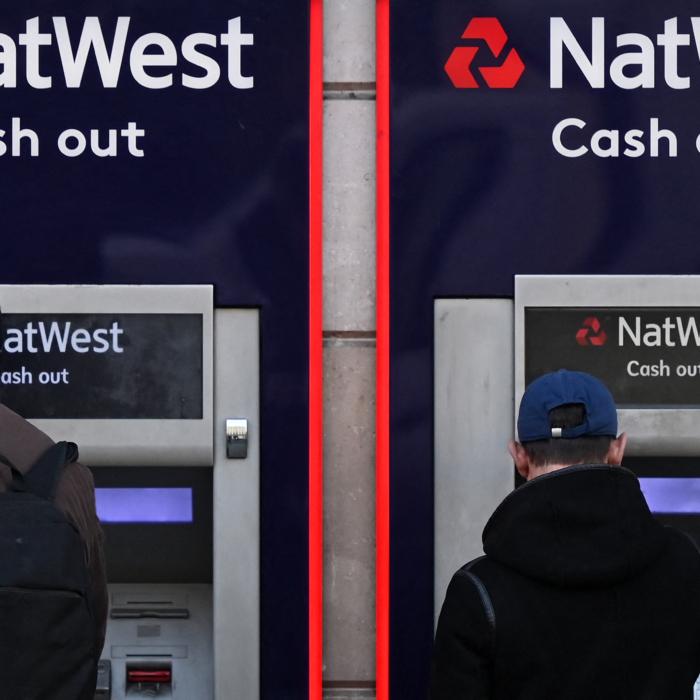Three former “Love Island” stars have pleaded not guilty to promoting unauthorised trading schemes on social media.
Biggs Chris, 32, Jamie Clayton, 32, and Rebecca Gormley, 26, entered their pleas on Wednesday at Westminster Magistrates’ Court.
It has been alleged that the former reality TV stars pushed an unsanctioned venture to their Instagram followers.
The Financial Conduct Authority (FCA) charged nine influencers, including former stars of reality shows “Geordie Shore” and “The Only Way Is Essex” (Towie), with promoting an unauthorised financial scheme.
The scheme was allegedly run by 30-year-old Emmanuel Nwanze, who has been charged with issuing unauthorised financial promotions between 2018 and 2021.
The watchdog alleges that Mr. Nwanze and Holly Thompson, 33, ran an Instagram account under the handle @holly_fxtrends. It reportedly advised its followers on buying and selling investments called contracts for difference (CFDs) without authorisation from the regulator.
CFDs are a high-risk investment product used to bet on the price of an asset, in this case the price of foreign currencies, the FCA said. The regulator has previously warned that 80 percent of customers lose money when investing in CFDs because of the risks.
Mr. Nwanze allegedly paid Mr. Chris, Mr. Clayton, and Ms. Gormley, alongside former Towie stars Lauren Goodger and Yazmin Oukhellou, to promote the scheme to their Instagram followers. Reality TV stars Scott Timlin and Eva Zapico were also charged by the regulator.
The combined following of the Instagram accounts of the nine charged individuals, the FCA said, added up to 4.5 million.
Mr. Nwanze, Ms. Thompson, and the influencers they paid have been charged with unauthorised communications of financial promotions, which is an offence that could lead to two years in prison.
Mr. Nwanze also faces one count of breaching a so-called general prohibition under the Financial Services and Markets Act 2000, which prohibits people from carrying out regulated activities in the UK unless they are authorised to do so.
If convicted, Mr. Nwanze could a face a fine or a two-year imprisonment sentence.
Kerry Spence, partner at Hodge Jones & Allen, which represents Ms. Gormley and Mr. Chris, said, “My clients strongly protest their innocence and look forward to clearing their names in court of these spurious charges.”
A plea and trial preparation hearing for Ms. Gormley, Mr. Chris, and Mr. Clayton will take place on July 11 at Southwark Crown Court. It will be carried out alongside the hearing previously fixed for the other six defendants in the case.
The FCA has urged anyone who believes they have suffered loss in relation to this matter to get in touch.

Updated Guidance
In March, the regulator published finalised guidance on financial promotions on social media to address cases where consumers are harmed by unauthorised content they see online.“The way influencers work varies. Some influencers have direct relationships with firms and others promote on their own initiative,” the FCA guidance said.
It outlined three types of influencer business models. There are “archetypal celebrity influencers,” who are not associated with financial services, but have large follower groups. They do not have financial expertise but may be compensated for promoting companies that want to convince people to make certain financial decisions.
Financial influencers, known as “finfluencers,” enjoy high levels of trust from their followers. “Finfluencers” may not be authorised by the FCA and their advice can sometimes be misleading, the regulator warned.
Financial advice and products could also be pushed in online discussion groups and forums, such as on Reddit or Telegram, the FCA guide said.
It urged “finfluencers” to educate themselves before promoting financial products to their followers. Any promotion of cryptocurrencies on social media mustn’t incentivise people to invest and should include risk warnings, the regulator said.







